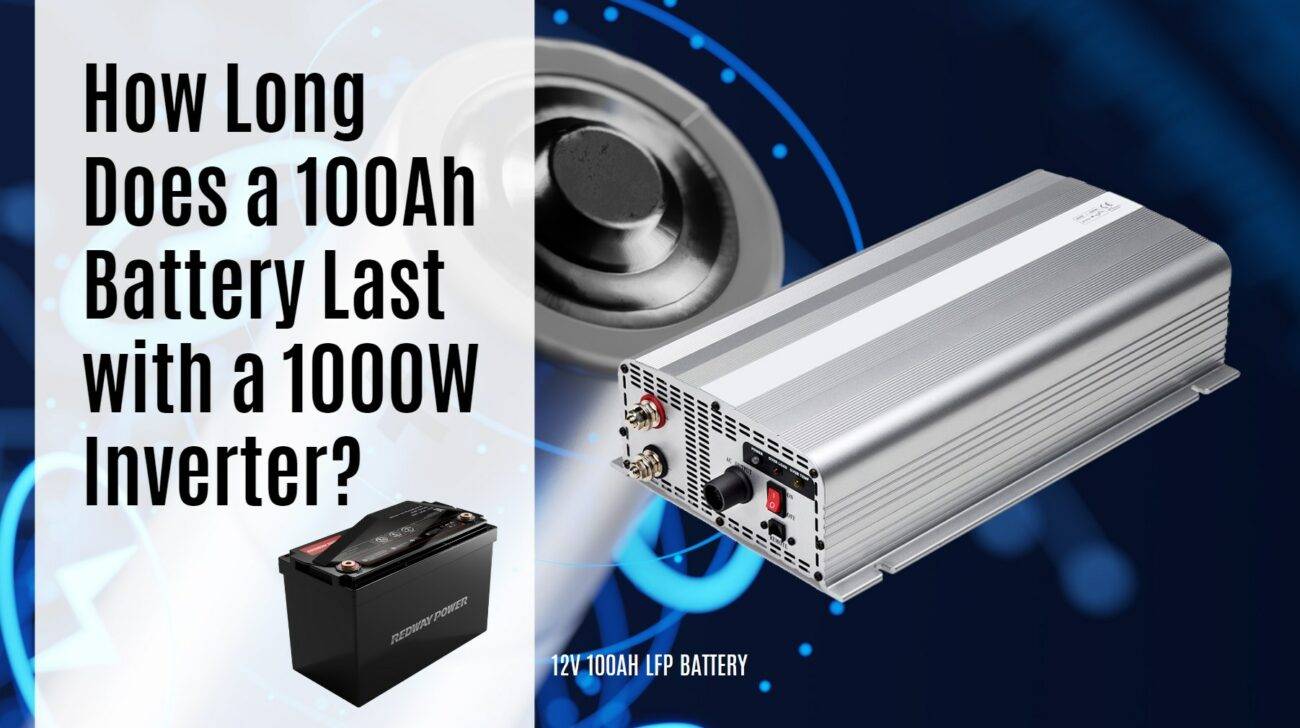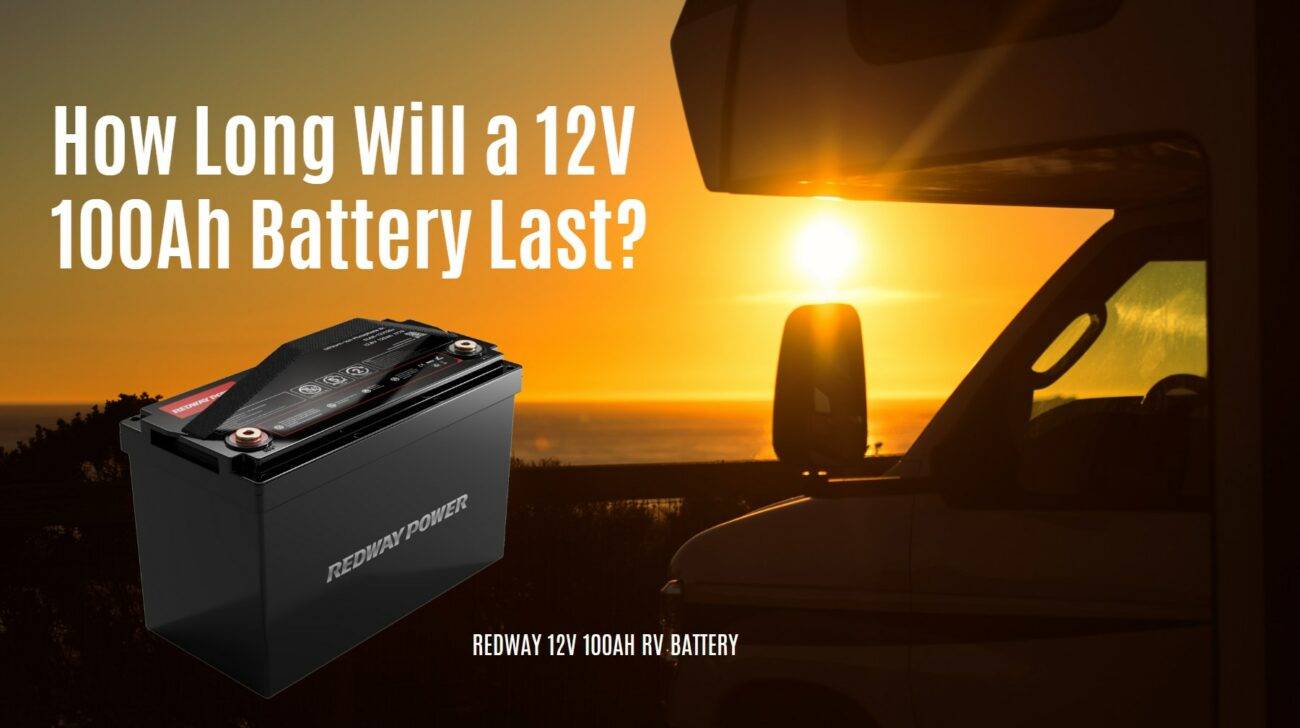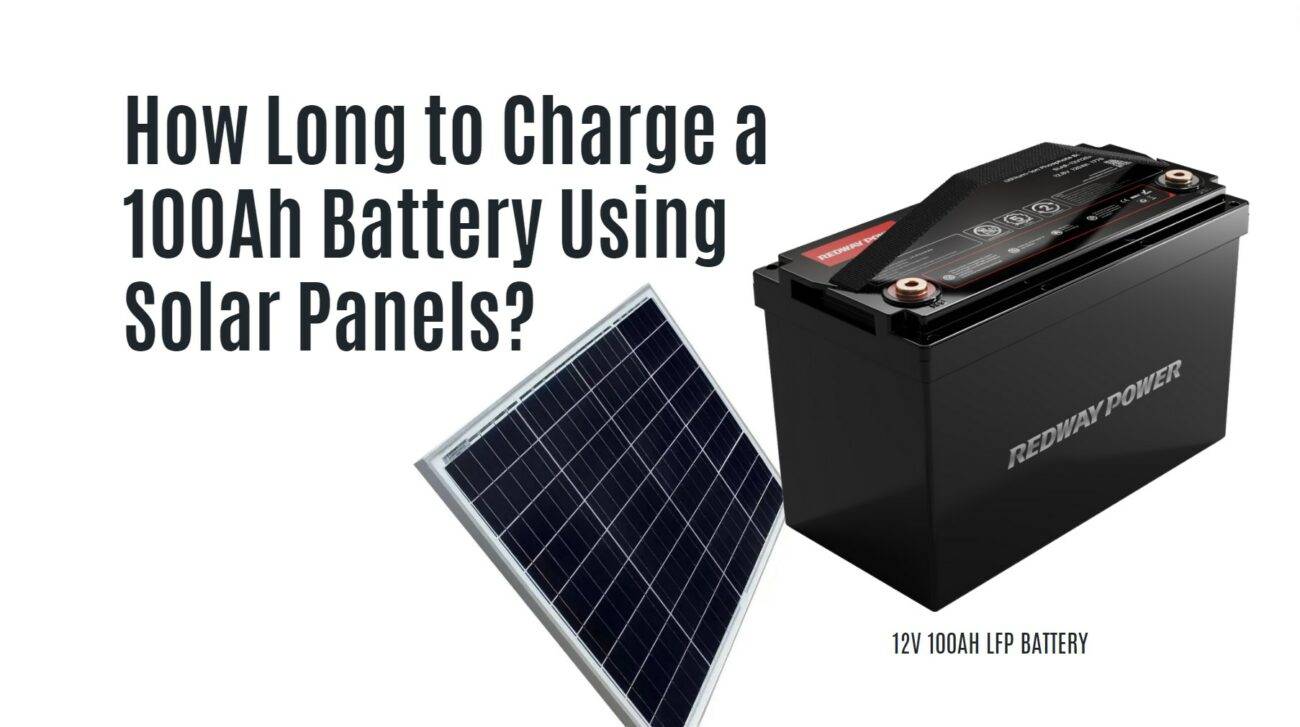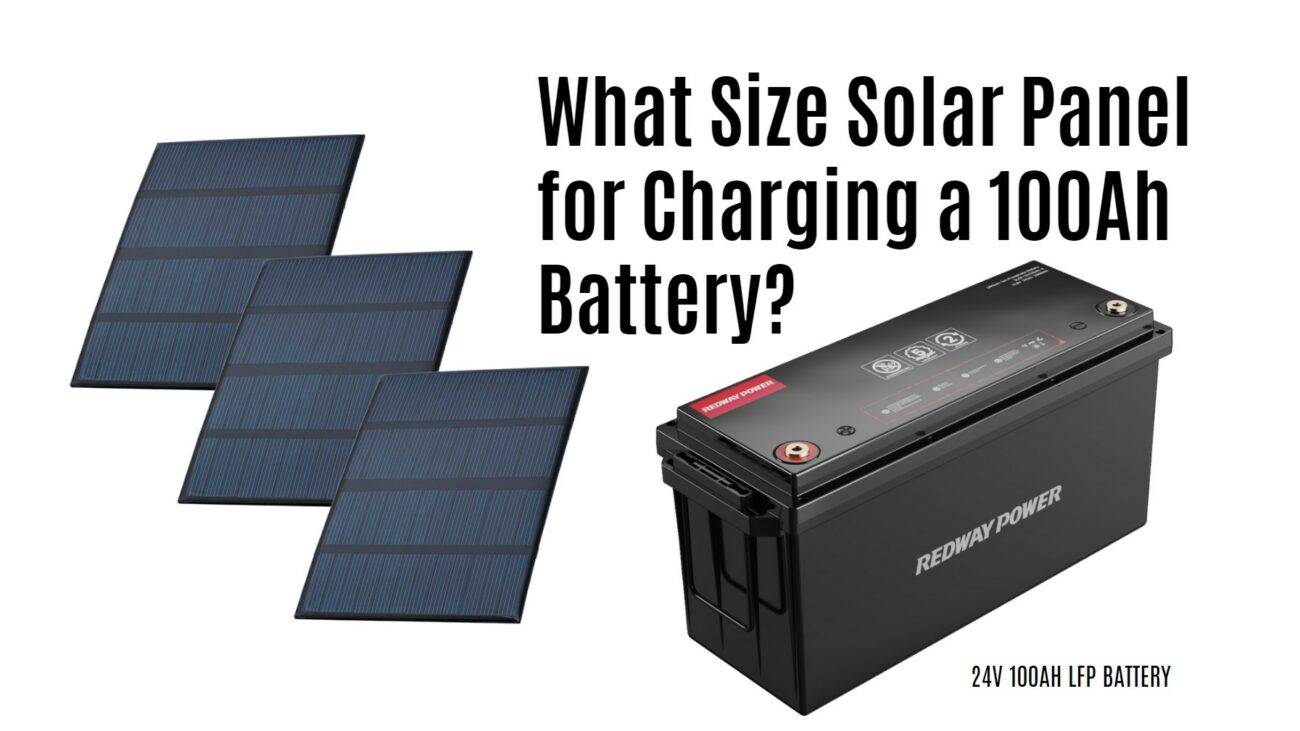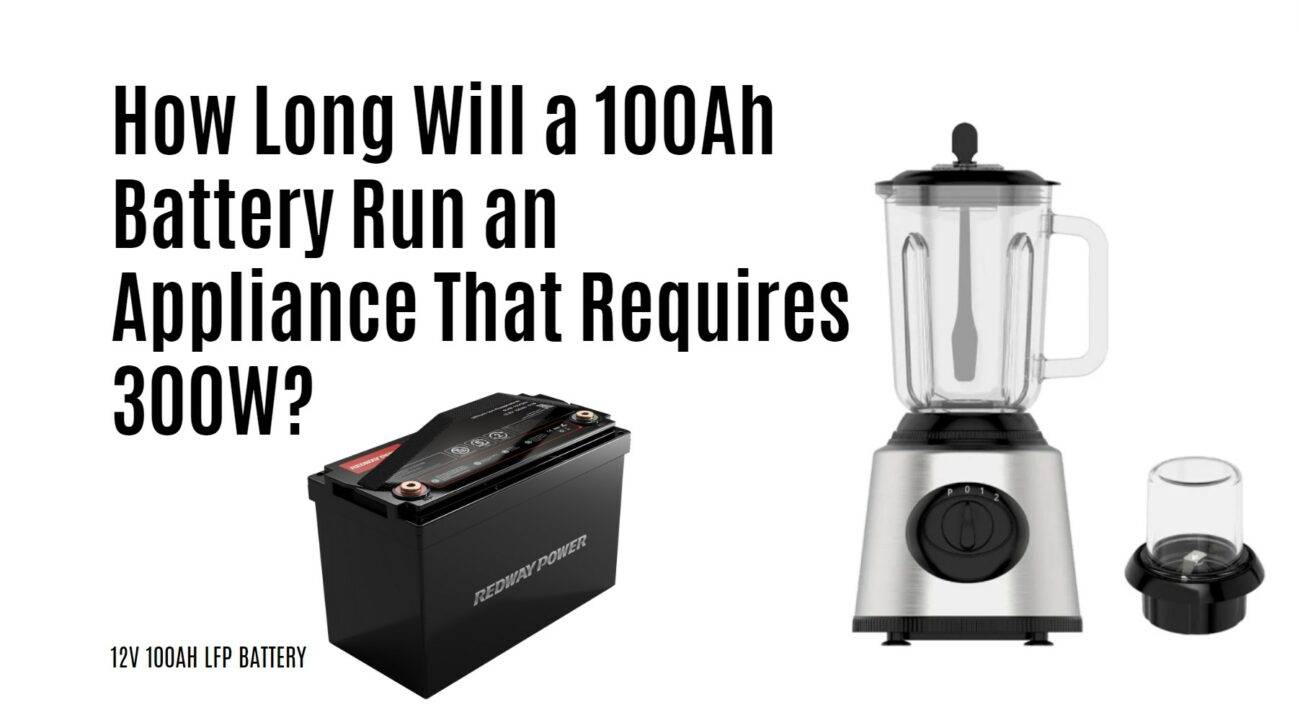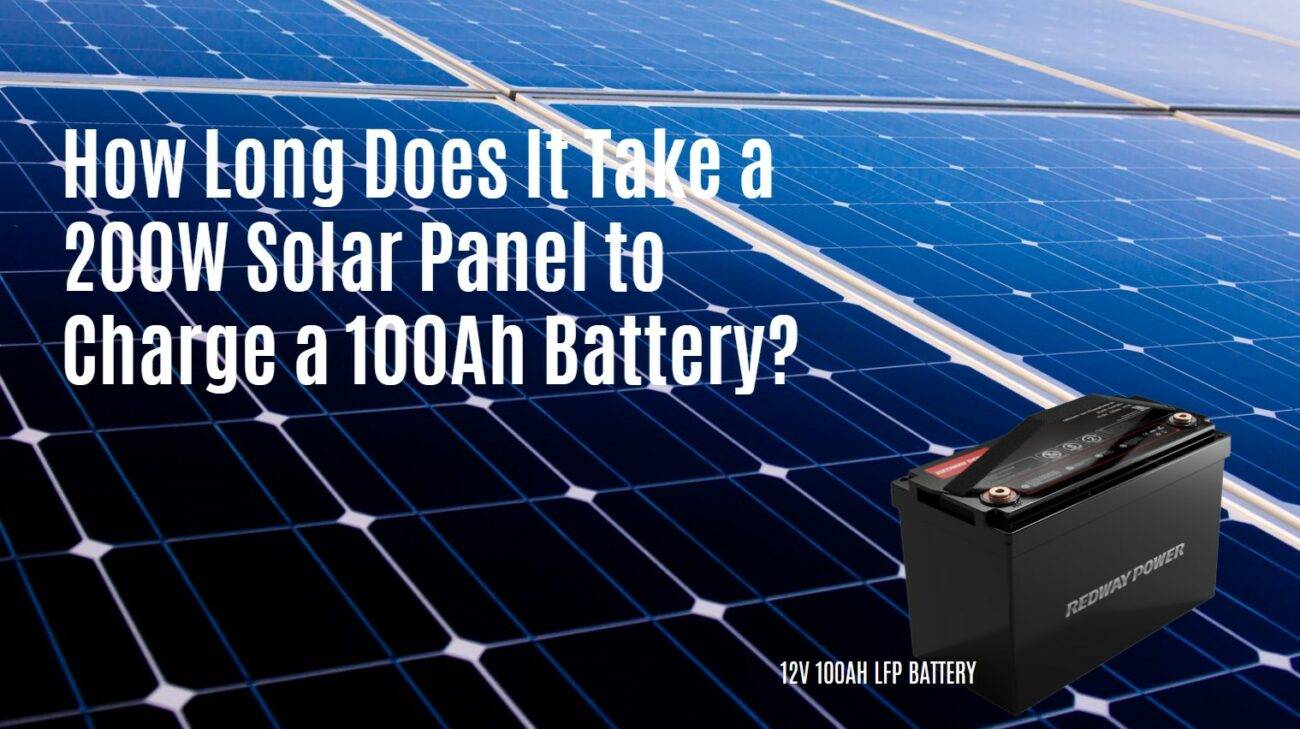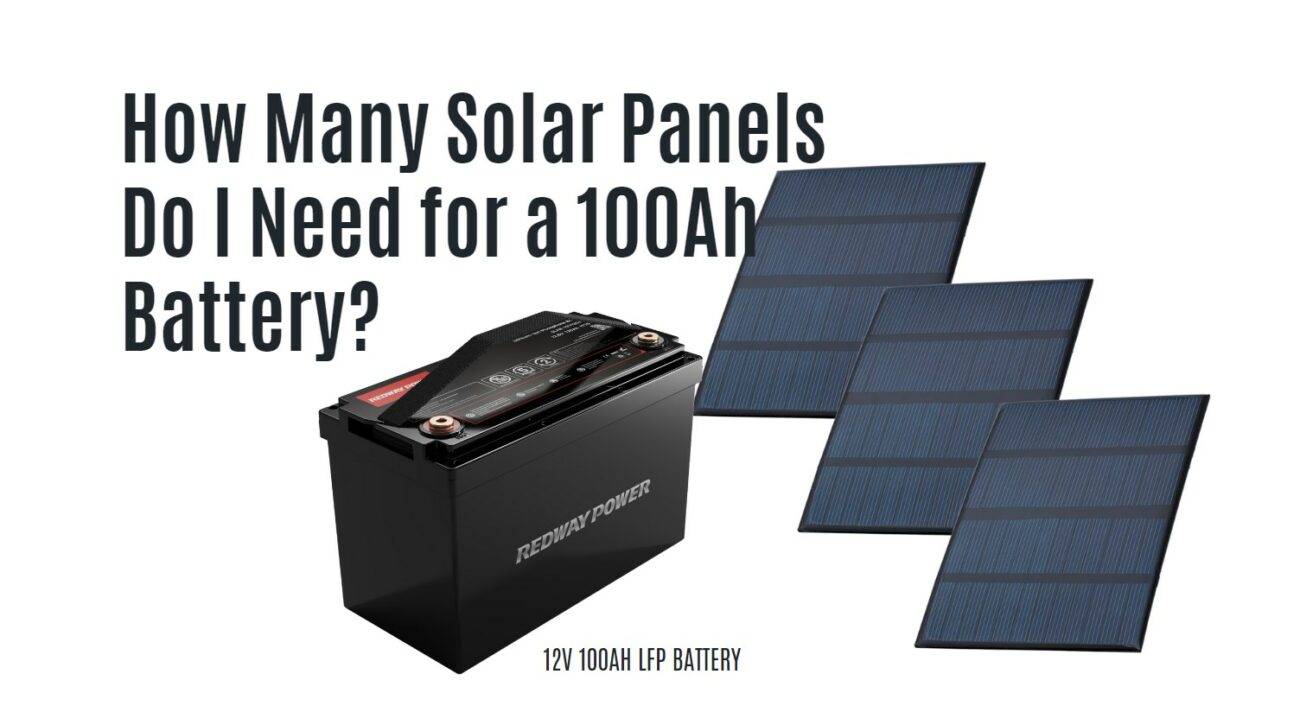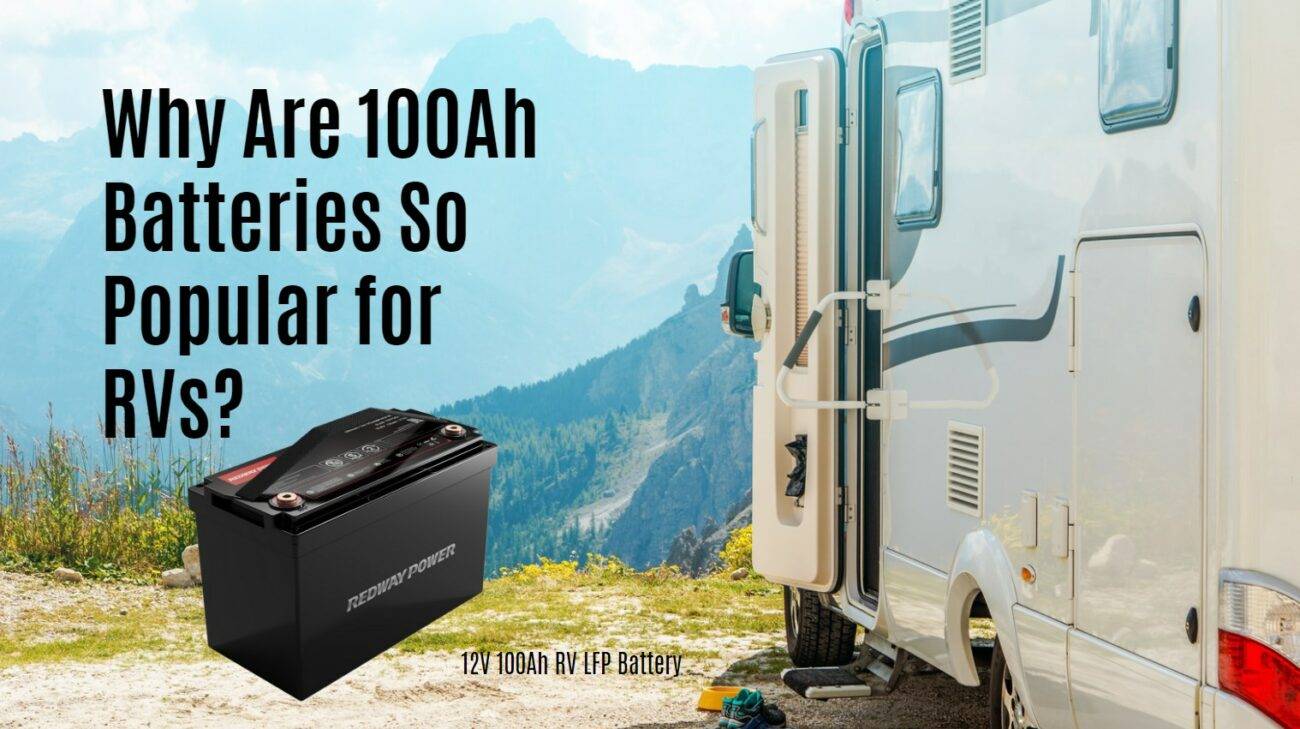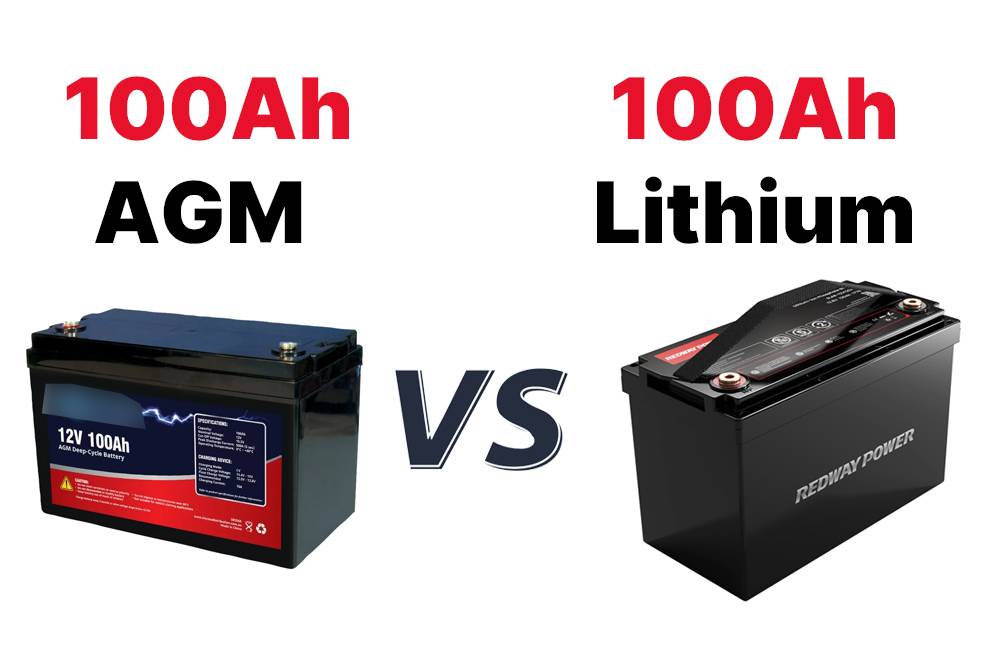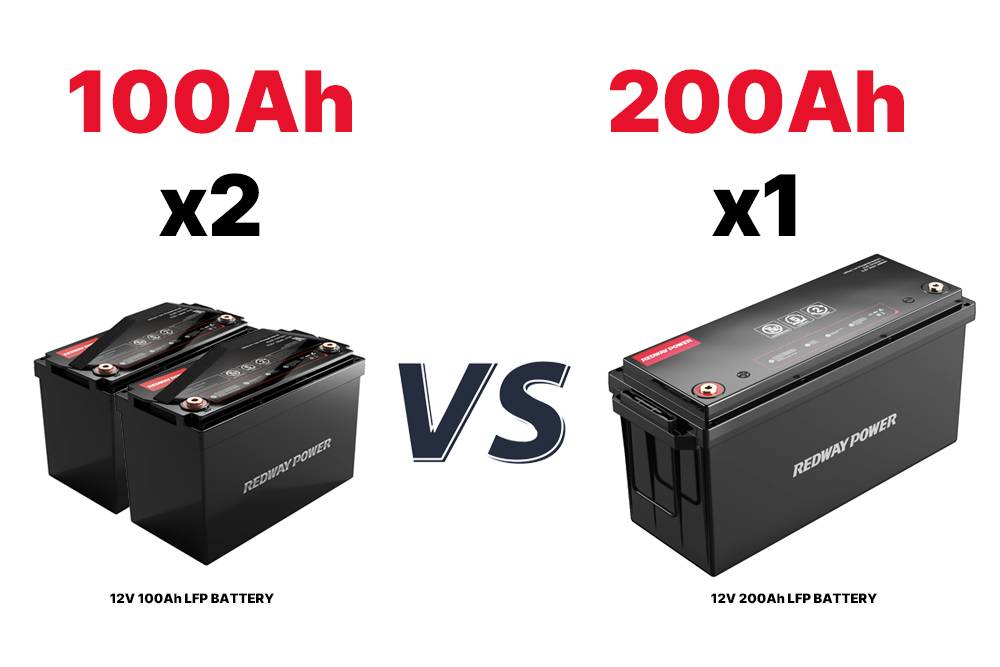- Forklift Lithium Battery
-
48V
- 48V 210Ah
- 48V 300Ah
- 48V 420Ah (949 x 349 x 569 mm)
- 48V 420Ah (950 x 421 x 450 mm)
- 48V 456Ah
- 48V 460Ah (830 x 630 x 590 mm)
- 48V 460Ah (950 x 421 x 450 mm)
- 48V 460Ah (800 x 630 x 600 mm)
- 48V 460Ah (820 x 660 x 470 mm)
- 48V 500Ah
- 48V 560Ah (810 x 630 x 600 mm)
- 48V 560Ah (950 x 592 x 450 mm)
- 48V 600Ah
- 48V 630Ah
-
48V
- Lithium Golf Cart Battery
- 12V Lithium Battery
12V 150Ah Lithium RV Battery
Bluetooth App | BCI Group 31
LiFePO4 Lithium
Discharge Temperature -20°C ~ 65°C
Fast Charger 14.6V 50A
Solar MPPT Charging - 24V Lithium Battery
- 36V Lithium Battery
- 48V Lithium Battery
-
48V LiFePO4 Battery
- 48V 50Ah
- 48V 50Ah (for Golf Carts)
- 48V 60Ah (8D)
- 48V 100Ah (8D)
- 48V 100Ah
- 48V 100Ah (Discharge 100A for Golf Carts)
- 48V 100Ah (Discharge 150A for Golf Carts)
- 48V 100Ah (Discharge 200A for Golf Carts)
- 48V 150Ah (for Golf Carts)
- 48V 160Ah (Discharge 100A for Golf Carts)
- 48V 160Ah (Discharge 160A for Golf Carts)
-
48V LiFePO4 Battery
- 60V Lithium Battery
-
60V LiFePO4 Battery
- 60V 20Ah
- 60V 30Ah
- 60V 50Ah
- 60V 50Ah (Small Size / Side Terminal)
- 60V 100Ah (for Electric Motocycle, Electric Scooter, LSV, AGV)
- 60V 100Ah (for Forklift, AGV, Electric Scooter, Sweeper)
- 60V 150Ah (E-Motocycle / E-Scooter / E-Tricycle / Tour LSV)
- 60V 200Ah (for Forklift, AGV, Electric Scooter, Sweeper)
-
60V LiFePO4 Battery
- 72V~96V Lithium Battery
- Rack-mounted Lithium Battery
- E-Bike Battery
- All-in-One Home-ESS
- Wall-mount Battery ESS
-
Home-ESS Lithium Battery PowerWall
- 24V 100Ah 2.4kWh PW24100-S PowerWall
- 48V 50Ah 2.4kWh PW4850-S PowerWall
- 48V 50Ah 2.56kWh PW5150-S PowerWall
- 48V 100Ah 5.12kWh PW51100-F PowerWall (IP65)
- 48V 100Ah 5.12kWh PW51100-S PowerWall
- 48V 100Ah 5.12kWh PW51100-H PowerWall
- 48V 200Ah 10kWh PW51200-H PowerWall
- 48V 300Ah 15kWh PW51300-H PowerWall
PowerWall 51.2V 100Ah LiFePO4 Lithium Battery
Highly popular in Asia and Eastern Europe.
CE Certification | Home-ESS -
Home-ESS Lithium Battery PowerWall
- Portable Power Stations
How Long Will a 1000W Inverter Run on a 100Ah Battery?


FAQs
-
Can I use a higher capacity battery for longer inverter runtime?
- Yes, a higher capacity battery will provide more energy and extend the runtime of the 1000W inverter.
-
What happens if I exceed the inverter’s power rating?
- Exceeding the inverter’s power rating may cause it to shut down or operate inefficiently, potentially damaging the inverter or connected devices.
-
Can I run sensitive electronics on a 1000W inverter?
- Yes, a 1000W inverter can power sensitive electronics, but it’s important to ensure the inverter provides clean and stable power to avoid damage.
How to ensure long-term operation and safety with a 1000W inverter?
What maintenance ensures efficient inverter and battery operation?
To ensure efficient inverter and battery operation, follow these maintenance tips: 1. Keep the inverter and UPS away from dust, moisture, and direct sunlight to protect them from adverse effects. 2. Regularly inspect and clean the inverter and battery to detect any issues or corrosion. 3. Check and tighten the terminals to ensure proper connections. These maintenance practices contribute to efficient operation and longevity of the inverter and battery.
What emergency precautions for inverter issues should I take?
To take emergency precautions for inverter issues, follow these steps: 1. Check for mains supply to ensure a proper power source. 2. Inspect the inverter incoming fuse for any faults or damage. 3. Check the battery voltage to ensure it is within the recommended range. 4. Verify the battery DC fuse incorporated in the inverter for any issues. These precautions help identify and address common inverter issues during emergencies.
How to maximize 100Ah lithium battery performance with 1000W inverter?
How long can I expect my battery to last with a 1000W inverter?
The estimated runtime depends on factors like load demand and inverter efficiency but generally ranges from about one hour to several hours based on usage.
Can I use any inverter with my battery setup?
Not all inverters are compatible; ensure that your inverter matches your battery’s specifications and intended use.
Should I fully discharge my battery before recharging it?
No, it’s best to avoid deep discharges; recharge when levels reach around 20% to prolong battery life.














